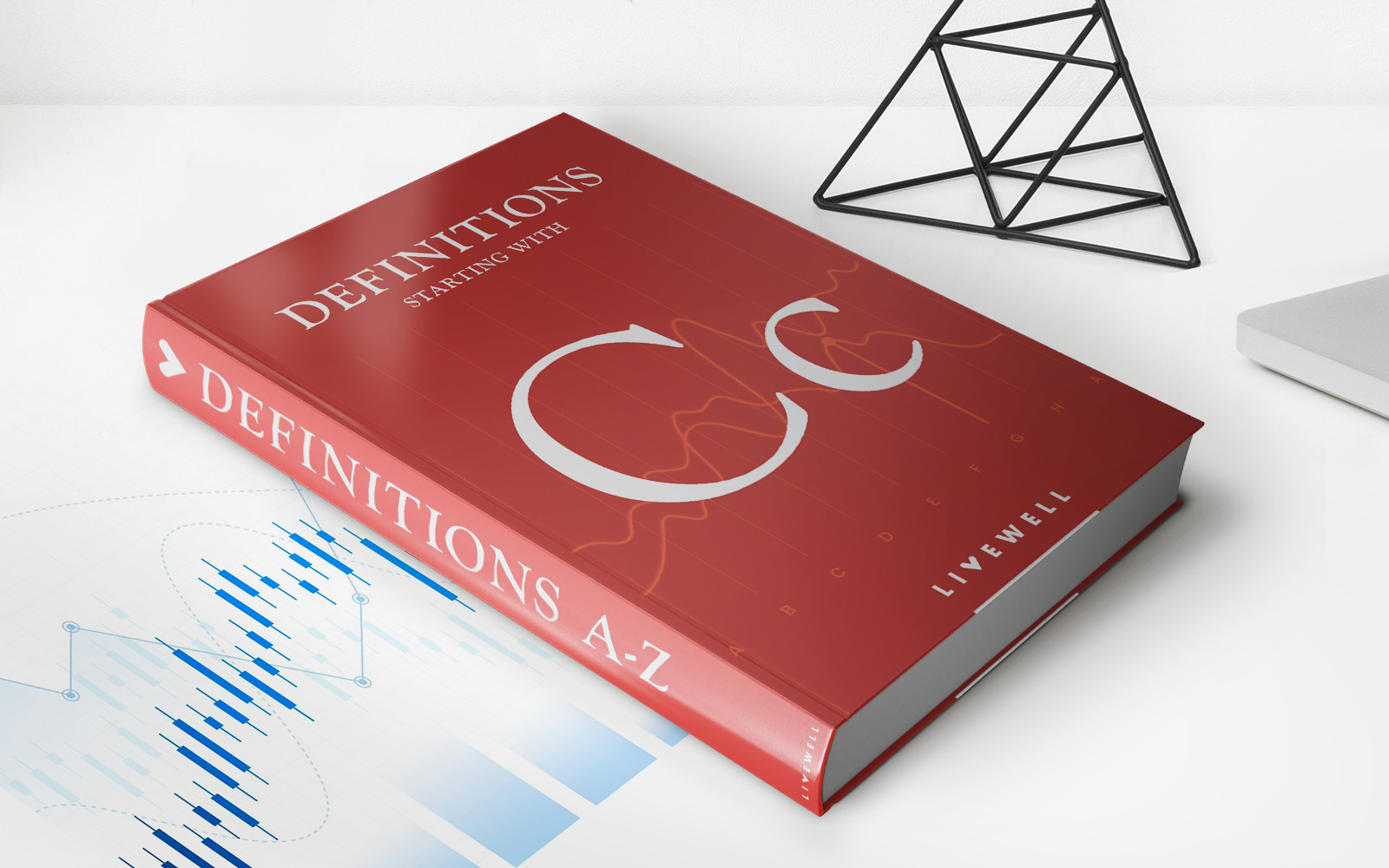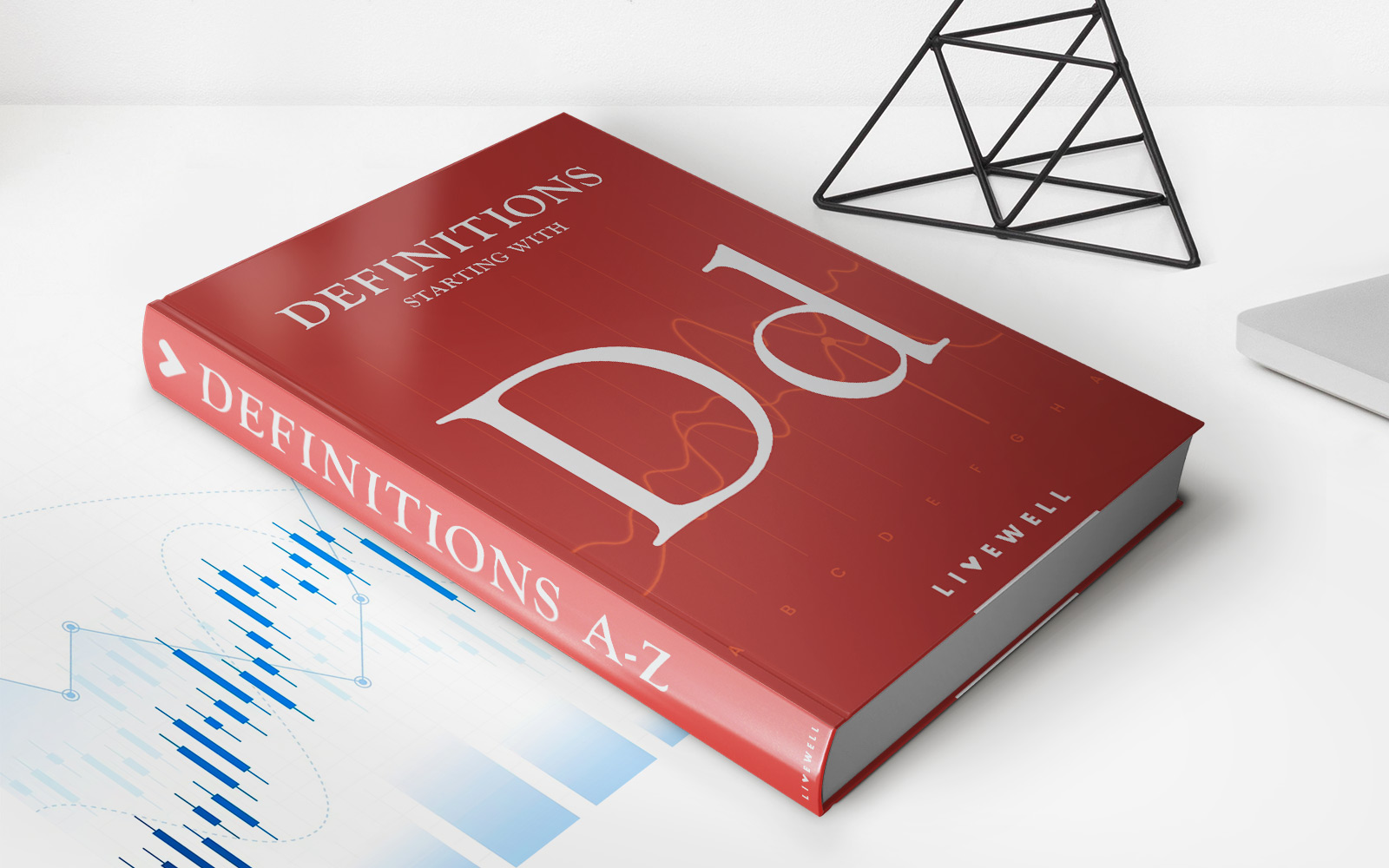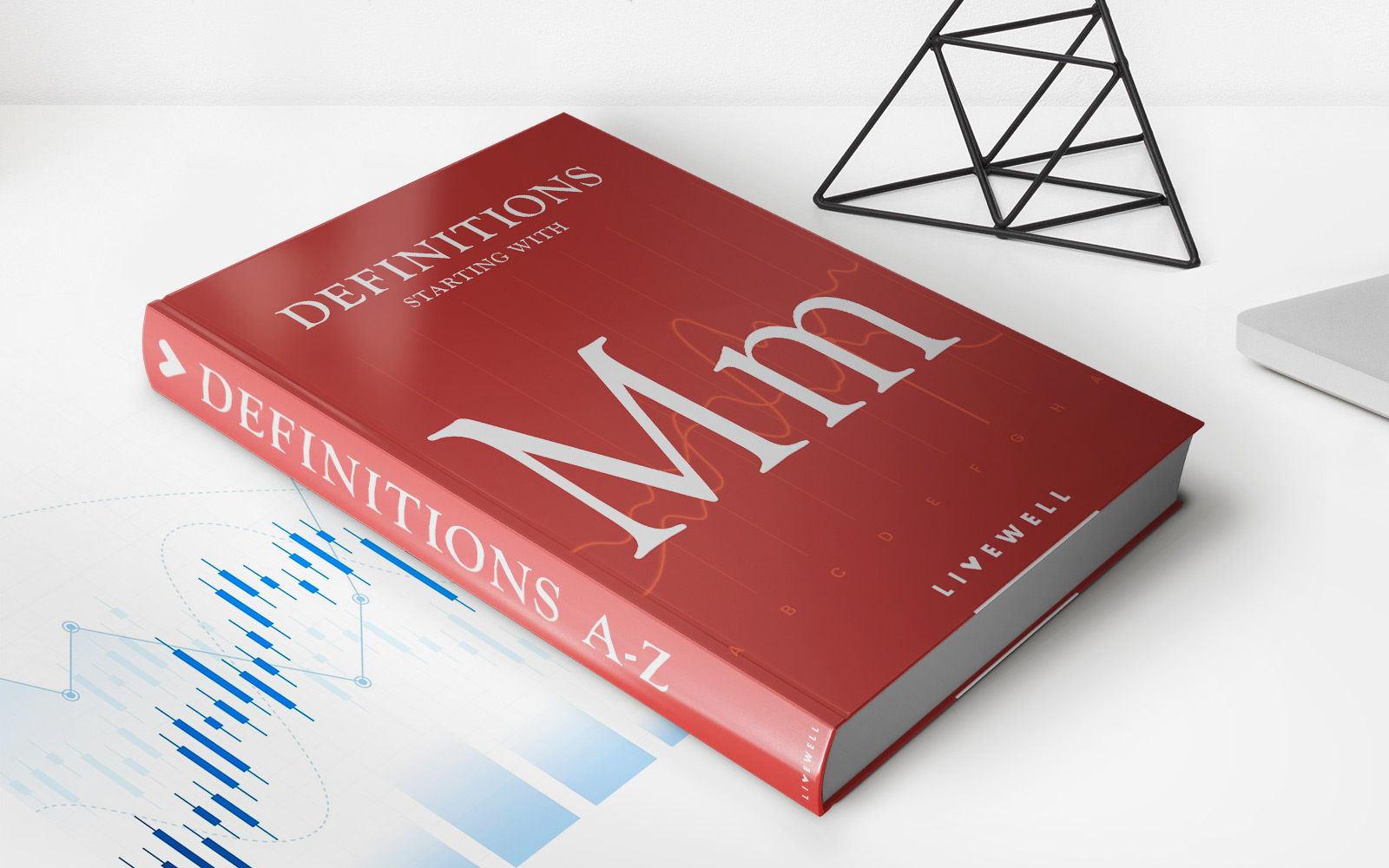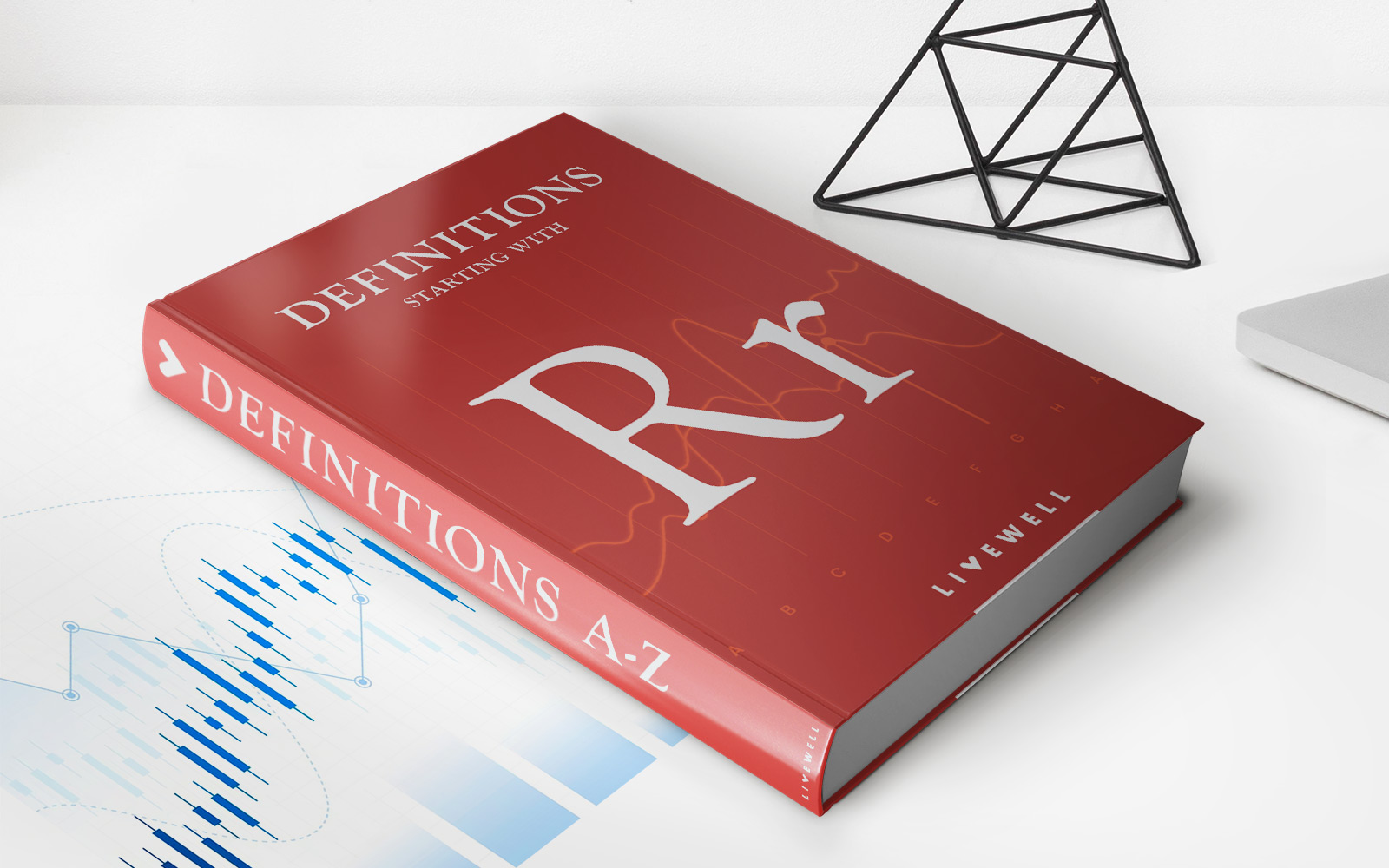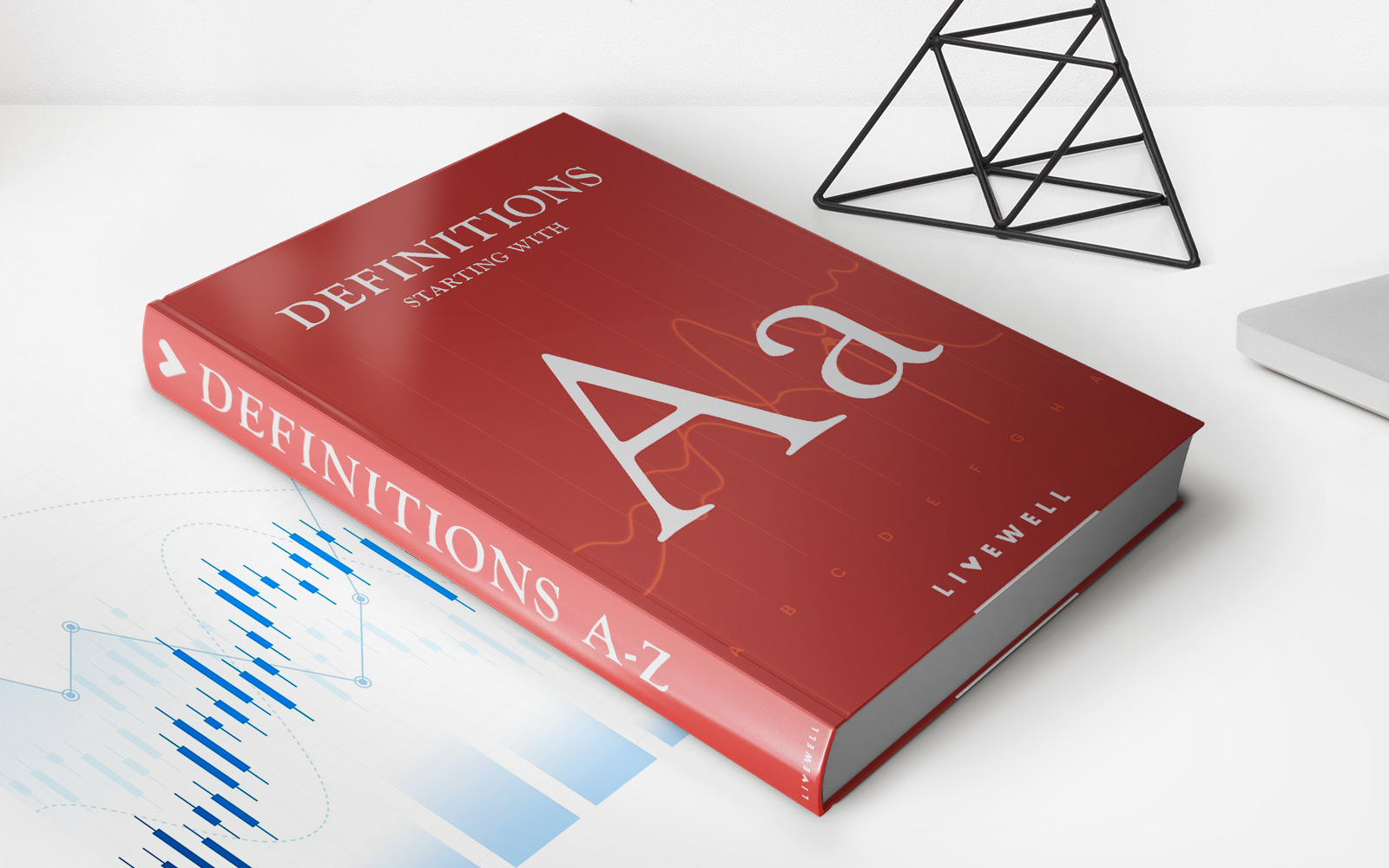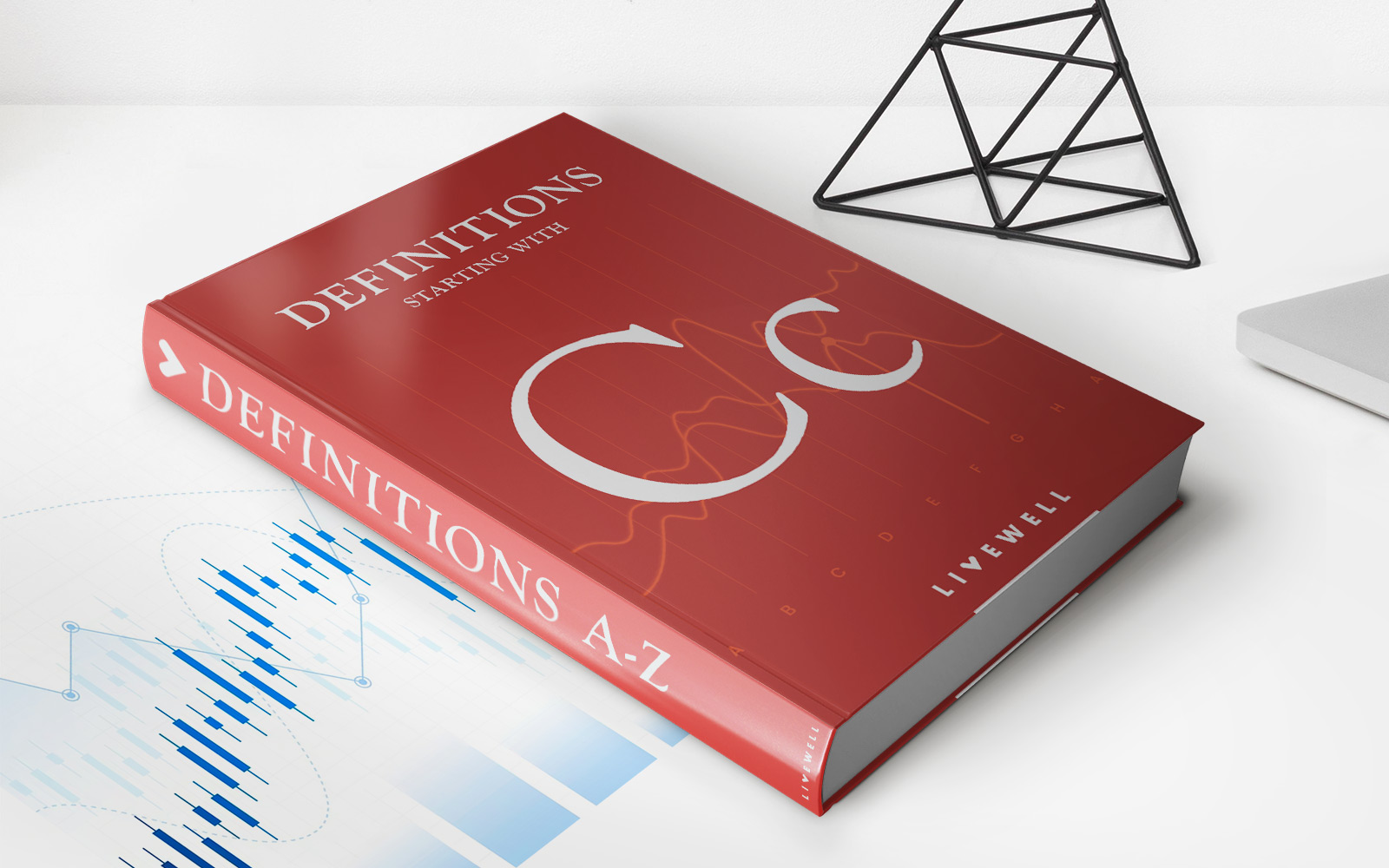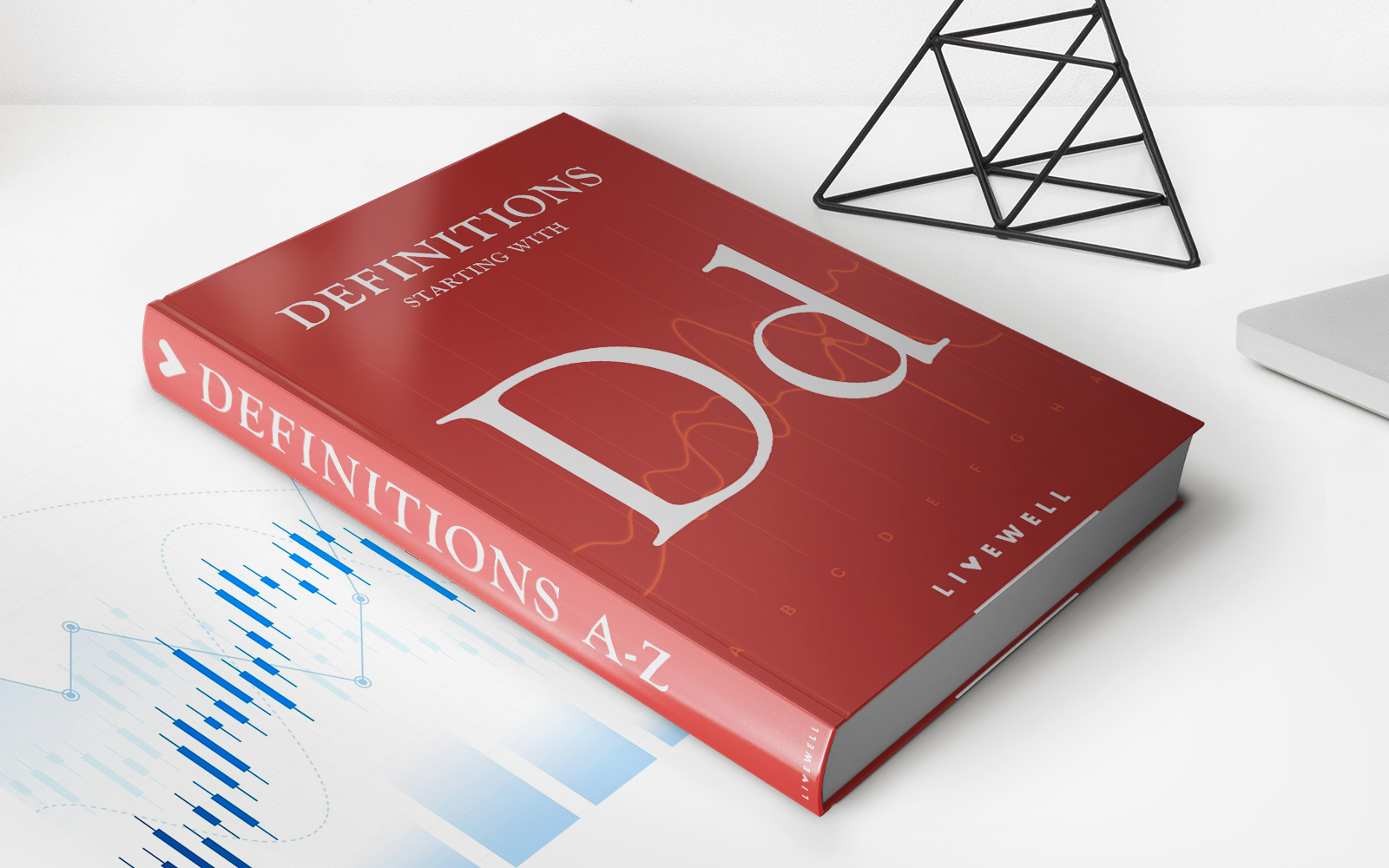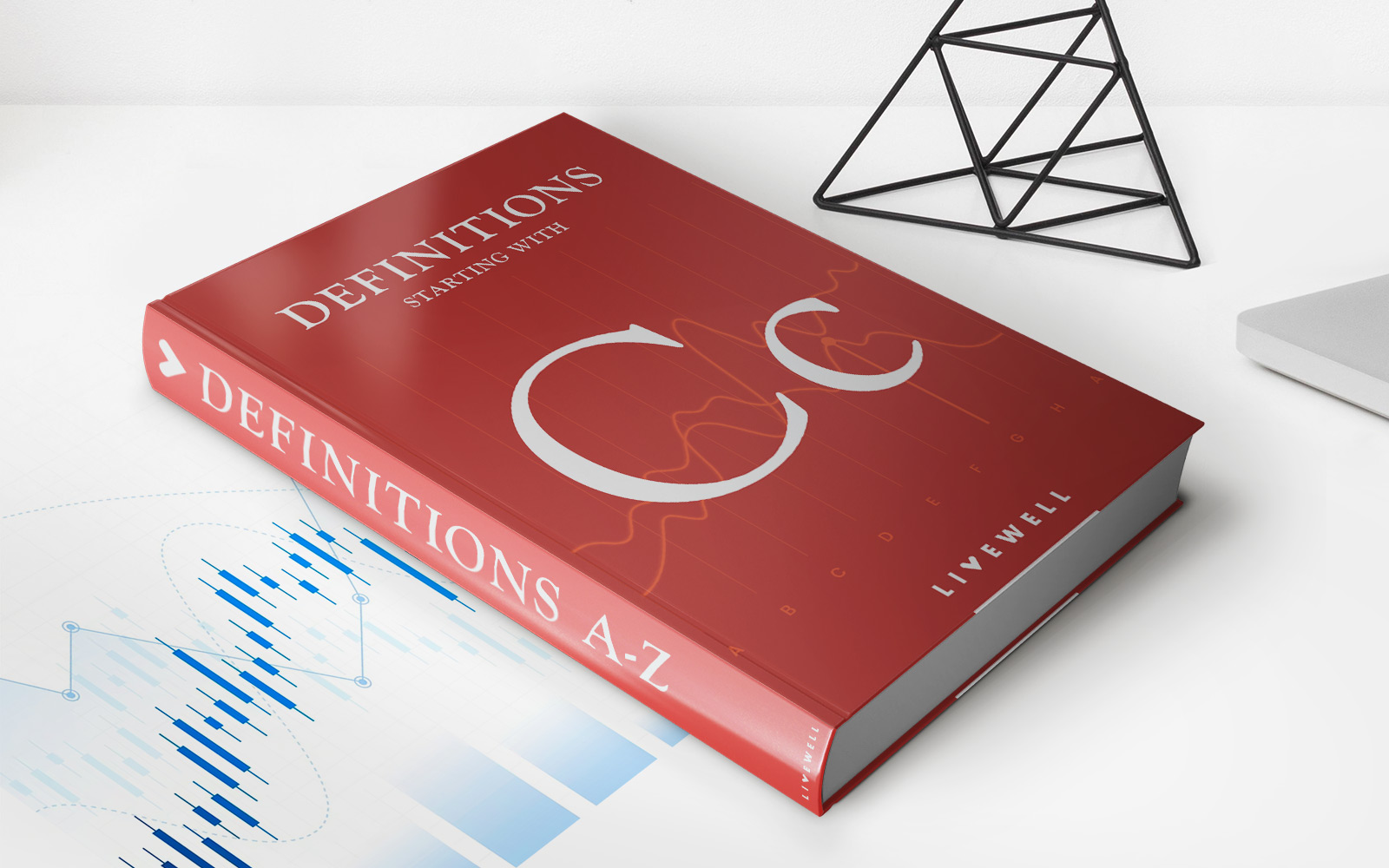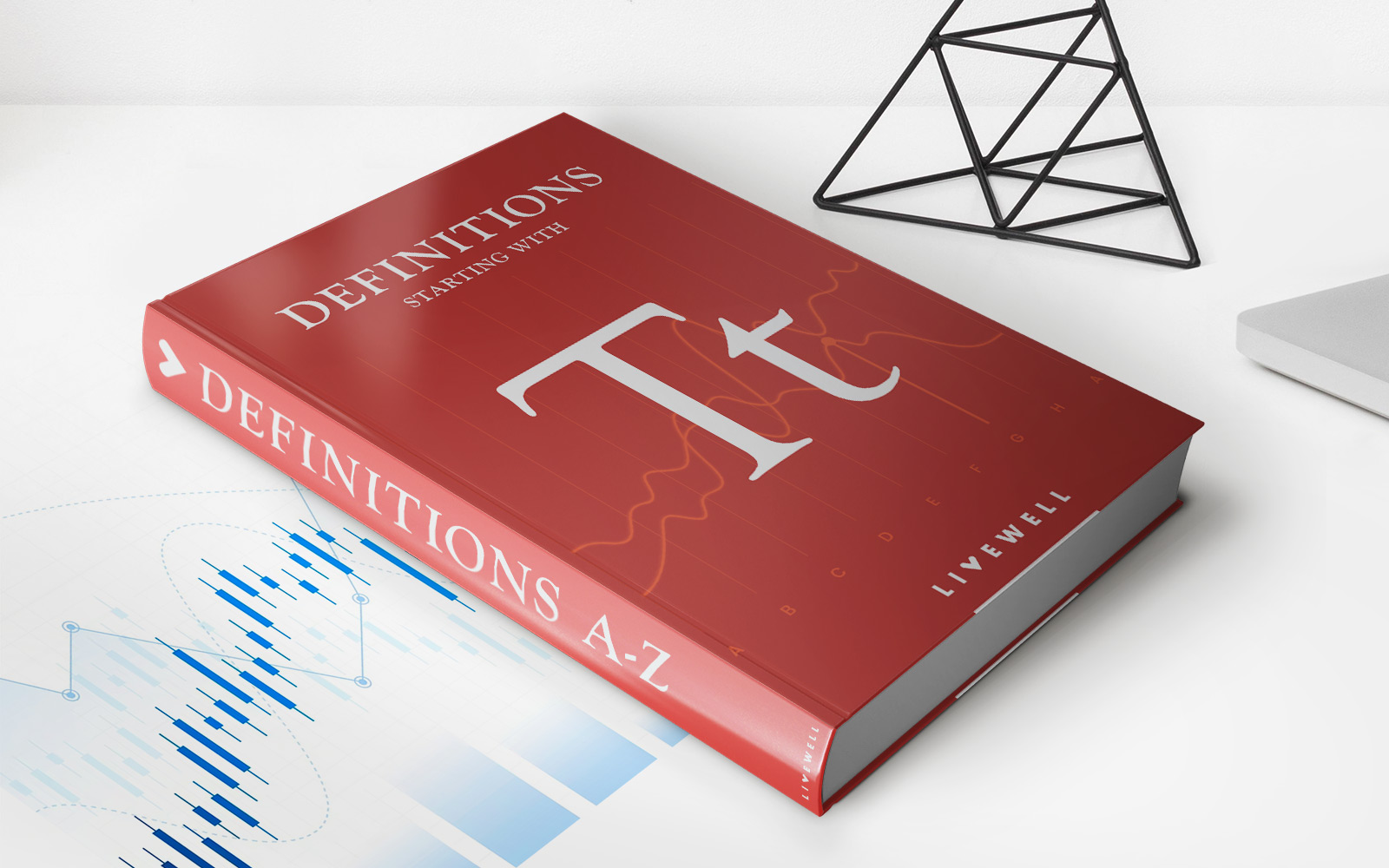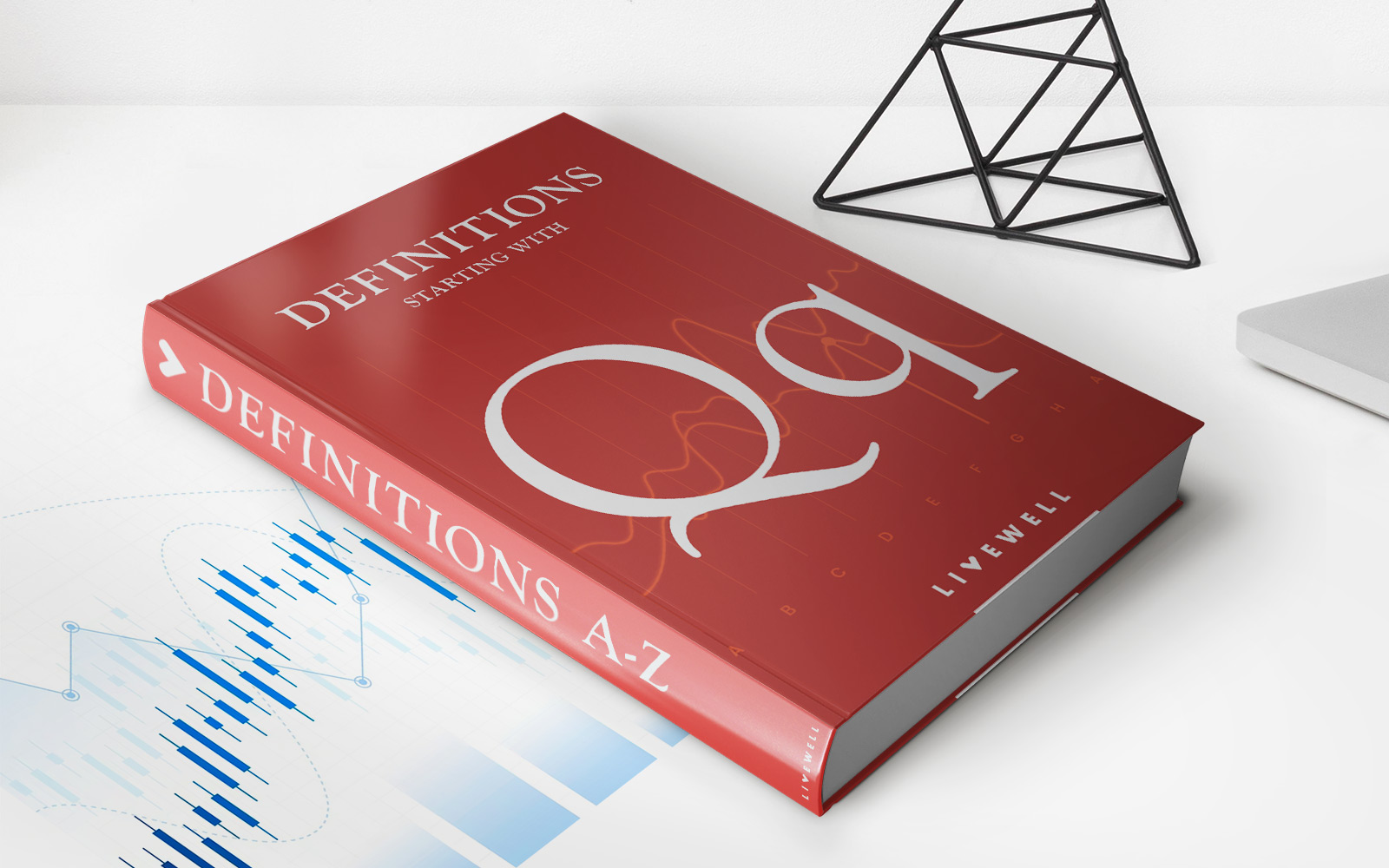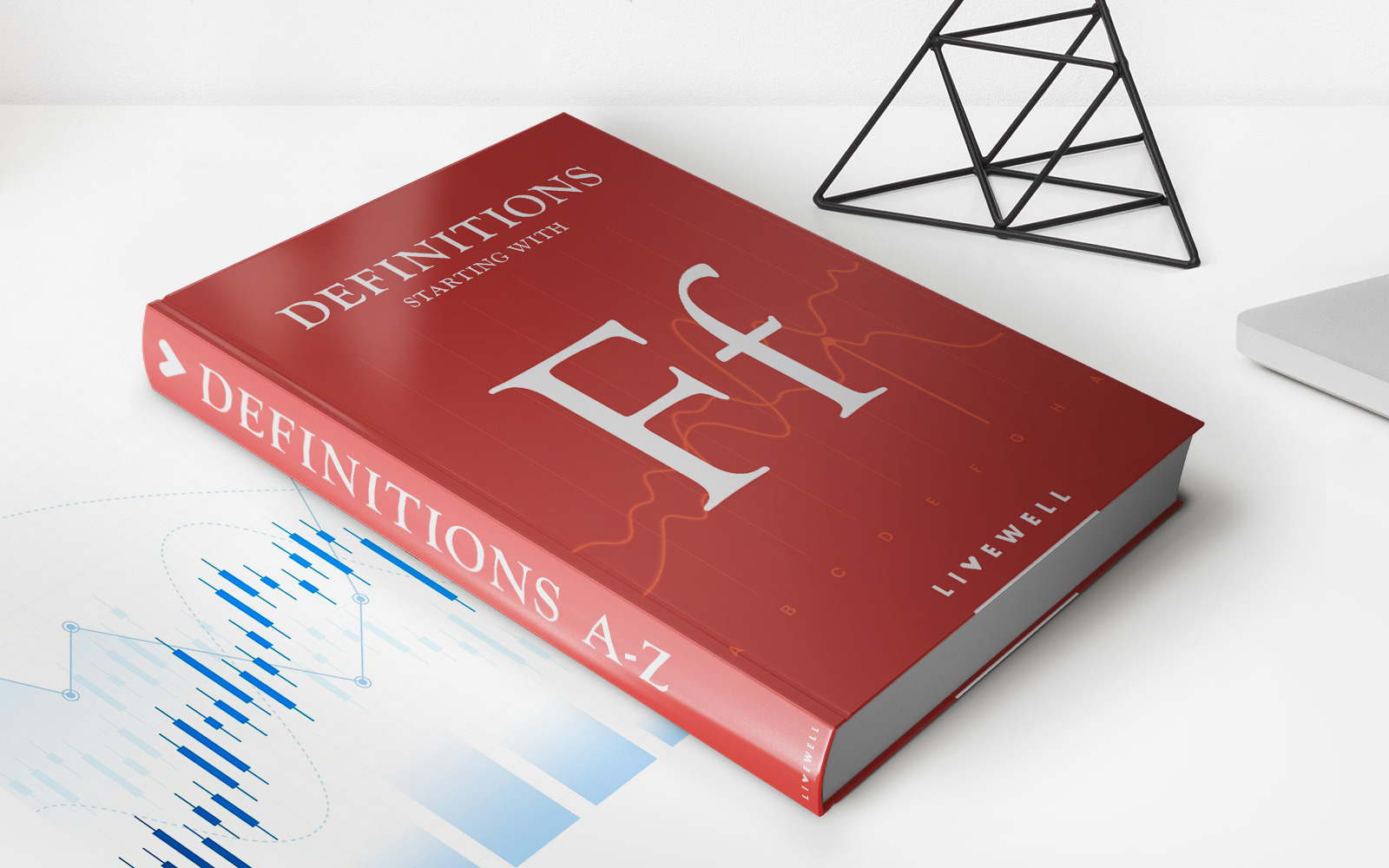

Finance
Wisdom Of Crowds: Definition, Theory, Examples
Published: February 18, 2024
Discover the concept and significance of the Wisdom of Crowds in finance. Explore the definition, theory, and real-life examples of leveraging collective intelligence.
(Many of the links in this article redirect to a specific reviewed product. Your purchase of these products through affiliate links helps to generate commission for LiveWell, at no extra cost. Learn more)
The Wisdom of Crowds: Unlocking the Collective Financial Intelligence
Have you ever wondered how some people seem to have a knack for making successful financial decisions, while others constantly struggle to make the right choices? The concept of the “Wisdom of Crowds” offers a compelling explanation for this phenomenon. In this blog post, we will dive into the definition, theory, and examples of the Wisdom of Crowds, and how it applies to the world of finance. So, sit back, relax, and let’s unlock the collective financial intelligence together!
Key Takeaways:
- The Wisdom of Crowds suggests that a group of diverse individuals, when asked to make predictions or solve problems, can collectively make more accurate decisions than individual experts.
- Accuracy in decision-making increases when diverse perspectives and independent opinions are considered and aggregated.
The Definition: What is the Wisdom of Crowds?
The Wisdom of Crowds, coined by James Surowiecki in his book of the same name, refers to the idea that a diverse group of individuals, collectively, can make better decisions than any single member of the group. This collective intelligence arises from the aggregation of independent opinions, resulting in more accurate predictions or solutions.
Understanding the Theory: How Does the Wisdom of Crowds Work?
The theory behind the Wisdom of Crowds hinges on the assumption that each individual possesses unique knowledge, experiences, perspectives, and biases. When diverse individuals are brought together to form a crowd, their individual errors tend to cancel each other out, resulting in collective accuracy. This concept assumes that the crowd is diverse, independent, and decentralized.
But why does the Wisdom of Crowds work? It can be attributed to a combination of factors. When individuals participate in a large enough crowd, they are exposed to a wide range of ideas and information, which can influence their opinions and lead to better decision-making. Additionally, independent thinking prevents groupthink and reduces the influence of biased or dominant individuals, further improving the accuracy of collective judgments.
Examples of the Wisdom of Crowds in Finance
- Stock Market Predictions: Professional stock analysts are often considered experts in predicting stock market trends. However, numerous studies have shown that the average predictions of a diverse group of non-experts, when aggregated, can outperform those of individual experts. This phenomenon can be witnessed in prediction markets, where individuals trade shares based on their collective beliefs about future events.
- Peer-to-Peer Lending: In the world of finance, peer-to-peer lending platforms have harnessed the Wisdom of Crowds to assess the creditworthiness of borrowers. Instead of relying solely on traditional credit scores, these platforms factor in the collective opinions of a crowd of lenders to determine the borrower’s creditworthiness. This approach has proven to be more effective in identifying reliable borrowers and reducing default rates.
- Financial Forecasting: Companies often rely on financial analysts to predict future market trends and make informed business decisions. However, studies have shown that the collective forecasts of surveys conducted with a diverse group of individuals tend to be more accurate than the forecasts of individual experts. These collective forecasts provide a valuable input for corporate planning and risk management.
In Conclusion
The Wisdom of Crowds is a powerful concept that can unlock the collective financial intelligence of diverse individuals. By harnessing the collective wisdom of a crowd, we can enhance decision-making in various financial domains, including stock market predictions, peer-to-peer lending, and financial forecasting. So, the next time you face a complex financial decision, consider tapping into the wisdom of the crowd to increase the odds of making a successful choice!
